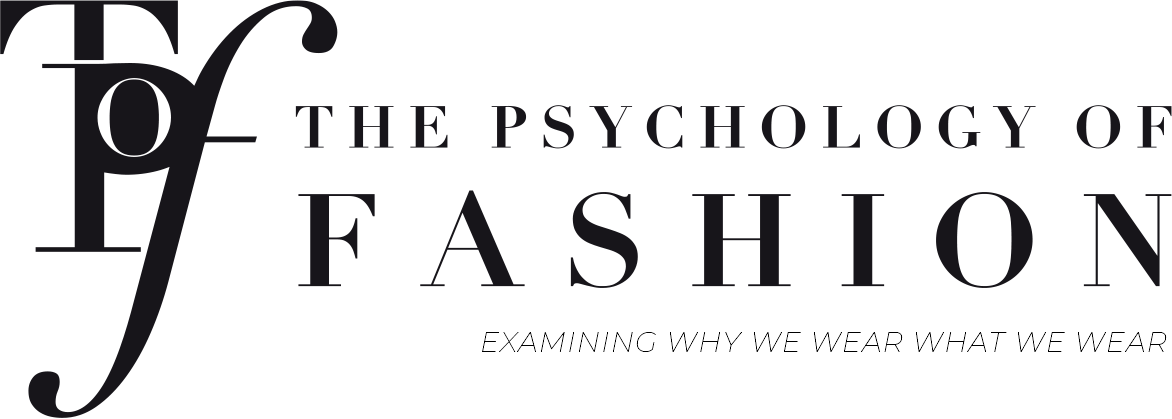If you’ve been wondering whether 2019 is the year that the influencer bubble bursts, results of a new neuroscience study on influencer marketing has answered with a firm no, and has ruled heavily in favor of the medium over television ads. The research, commissioned by influencer marketing agency Whalar, claimed that influencer ads were 277% more emotionally intense than TV ads and 87% more memorable.
The study utilized Steady State Topography (SST) - technology used by Neuro-Insight – to try and uncover how influencers work. By using SST technology, they were able to record and measure electrical signals on the scalp, which enabled them to measure real-time responses to the content.
187 respondents, who are regular Instagram, Facebook and YouTube users, took part in the study. All were grouped into one of three cells that depended on which influencers they follow on Instagram; celebrity, macro or micro influencers.
Each respondent wore a headset to measure their brain waves while interacting with content from both influencer and TV, Facebook and YouTube ads. This generated a set of metrics that covered emotions valence, intensity and memory encoding.
The study found that influencer ads are significantly more emotionally intense and memorable than TV ads, with respondents experiencing 277% more emotional intensity and 87% memory encoding. Next up were Facebook ads. According to the results, influencers generated 64% more emotional intensity and 182% memory encoding.
Dutch influencer @neginmirsalehi has collaborated with luggage company, Samsonite.
It also found that influencers outperformed YouTube ads by 28% in emotional intensity and 73% in memory encoding. Moreover, the results also showed that if consumers are exposed to an influencer ad before the TV, FB or YT ad from the same campaign, they are 58% more likely to feel positive towards the TV, FB or TV ad, and 47% more likely to remember it.
Neuro-Insights chief exec, Shazia Ginai added: ‘’Influencer is growing incredibly quickly, and Whalar recognised the need to not only understand what is driving this and how it can benefit brands, but also the huge merit in looking beyond conscious responses. We’re thrilled to have partnered with them on such groundbreaking work.’’
Influencers work because they hit a sweet-spot: aspirational yet unattainable. Cultural endorsement is nothing new, but influencers, whose lifestyles seem at least a bit closer to our own in comparison to the bona fide celebrities of yesteryear pushing Omega watches on yachts, draw us in much deeper. And they’ll likely continue to.













As news of PSYKHE’s launch spreads, The Psychology of Fashion and PSYKHE’s founder Anabel Maldonado sat down with editors at Forbes and WWD to discuss the platform, the journey and why the world needs personalization powered by AI and psychology.